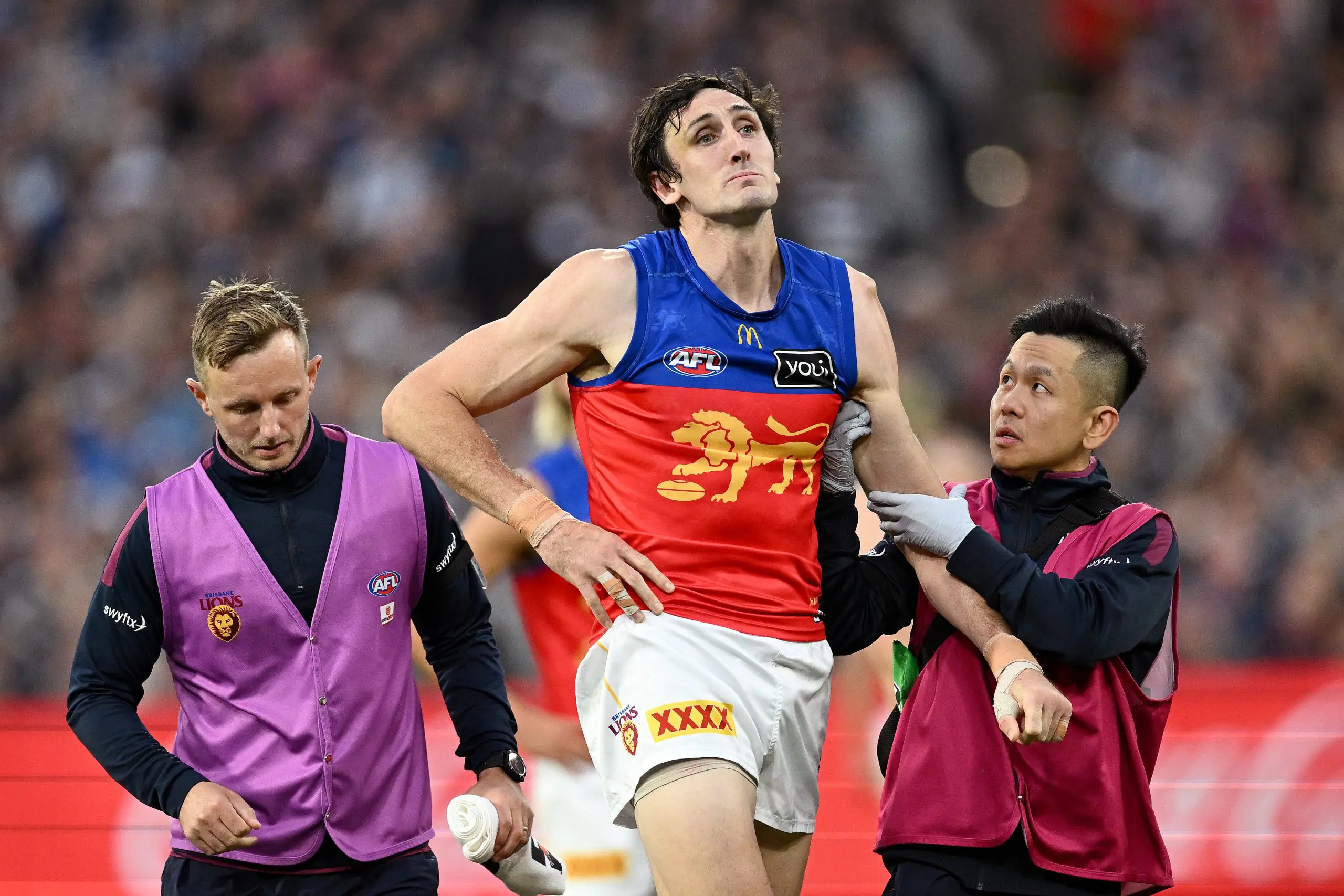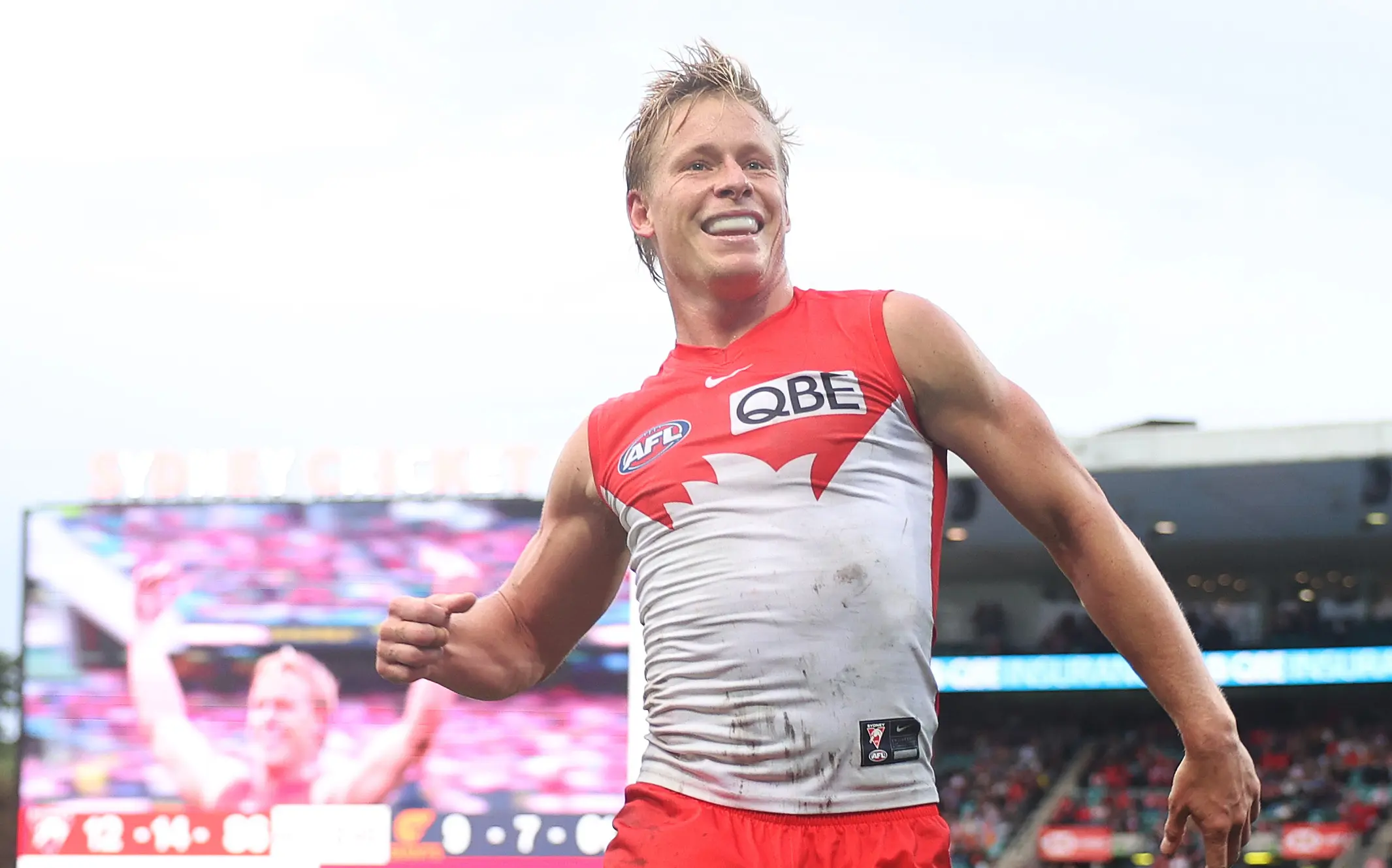Sydney and Brisbane are set to take centre stage as the two teams are fighting for premiership glory on the last Saturday of September.
Ironically, the previous two runners-up (2022 Sydney; 2023 Brisbane) have experienced grand final defeat in recent times and will be out to avenge their recent heartbreak.
John Longmire and the Swans have been here plenty of times, with the man known as 'Horse' entering his fifth AFL Grand Final for only one victory (2012).
As for Chris Fagan and his Lions, they have made the final six for the past six seasons without any silverware but go into their second successive decider.
Their previous grand final win was the last of their three flags in 2003 when the club went on a historic run under legend coach Leigh Matthews.
Saturday will also be the first time since 2006 (Sydney vs West Coast) non-Victorian clubs will battle in the decider.

If the Swans were to win, it would mark Longmire's second grand final victory in his tenure and undoubtedly placing him among the modern-day greats of coaching.
If Brisbane were to hold the cup aloft, it'd be the second time a team outside the top four to win the grand final, joining the 2016 Western Bulldogs.
History between Sydney and Brisbane
The history between the two clubs dates back to the late 1800s when both clubs were once named South Melbourne and Fitzroy in the VFL.
The pair have played in one grand final before, in 1899, at Junction Oval, where the Lions were triumphant by one solitary point in front of 4,823 fans.
How times have changed.
South Melbourne moved to Sydney in 1982 as the first sign of expansion for the Victorian competition, with Fitzroy exiting the league in 1996 to form the Brisbane Lions (along with the Brisbane Bears).
Since 1997, the two clubs have battled it out on 43 occasions, with the Swans holding the advantage 26-17.
However, in more recent times, the Lions have won five of the past six encounters, including this year's Round 19 clash.
In July this year, Brisbane was tipped as Sydney's biggest rival for the premiership when they faced at the Gabba.

Following a tough contest that saw the Swans lose multiple players (Tom Papley and Dane Rampe) to injury, Fagan's men came out victorious by two points, asserting themselves as flag fancies.
Two months later, they'll meet again.
Swans skipper, Big O to miss - Team Line-ups
Both clubs will have their fair share of heartbreak, with Sydney captain Callum Mills and Brisbane ruckman Oscar McInerney missing the big dance.
Mills, after a tumultuous season resulting in seven games due to injury, was able to get himself right in the run toward finals.
However, a minor hamstring strain following the six-point qualifying victory over GWS saw the 27-year-old miss the preliminary final, and now the grand final, with the tough call made on Wednesday.
It is also heartbreak for former Collingwood midfielder Taylor Adams, who was absent for the club's 2023 triumph due to a hamstring injury before moving north to Sydney.

Adams played 19 games in 2024 but ultimately missed out on selection, with Robbie Fox favoured as the replacement for Mills.
On the other side of the ledger, McInerney is the devastation for the Lions.
Missing only one game throughout 2024, the 'Big O' was unable to get through the preliminary final last week against Geelong, dislocating his shoulder on two occasions.
Darcy Fort - who has played two games this year - will come into the side.
The stats that matter
Across 2024, both clubs rank as the best sides scoring from turnover.
According to WheeloRatings, Brisbane has, on average, an advantage of 13.2 points from turnover, while Sydney holds 11.1.
The Swans also have a strong stoppage game in order, leading the competition for scores from stoppage, holding an average of 9.4 points over their opponents.
As for player statistics, Errol Gulden will play a big part on grand final day, sitting second in the competition for metres gained (558.1), narrowly behind Geelong's Max Holmes.
Isaac Heeney sits third for score involvements (7.9) in the competition, while Chad Warner (7.5) and Gulden (7.4) follow suit.

Brisbane's modus operandi is their uncontested marking game, dominating from clearance and using their foot skills from the back half.
Two-time Brownlow medallist Lachie Neale is a key reason for that, recording 7.7 clearances a game.








